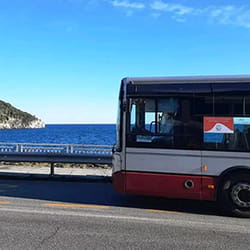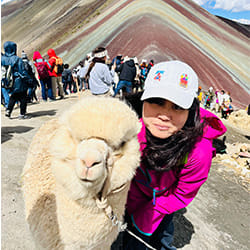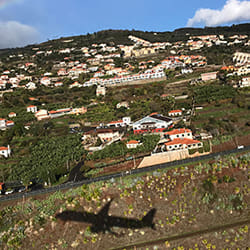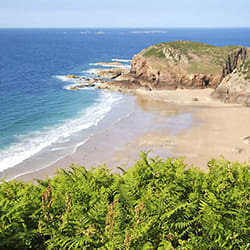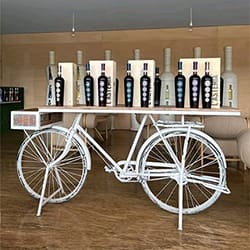Since the 50s, Australians have been practicing surfing as a way of life: in the morning before going to work, at noon at lunchtime, in the evening to let off steam after a long day at work. If not everyone does it, it is rare to come across an Australian on the coast who has never set foot on a board as it is often practiced in schools too. In general, the practice of a sport is widespread in this country so I would consider Australians to be active and sporty people.
In Sydney, the city parks are filled with runners and sportsmen of all ages, some even accompanied by professional personal trainers. Here, we like to take care of our body and hiring a personal trainer is not as expensive as in some other countries.

Unfortunately, healthy and fit Australia (especially along the coasts) goes hand in hand with a growing number of obesity cases (especially in the hinterland and in the centre of the country).
Research shows in fact that nearly a quarter of the children population and more than half of all adults are overweight, and the numbers keep rising.
Tobacco taxes have played their part well. Cigarettes are overpriced in Australia and they have anonymous – to be unattractive - packaging. In addition, it is prohibited to import more than 25 cigarettes from abroad.
In addition, throwing your cigarette butt on the public highway or smoking in non-smoking areas (the majority of beaches are non-smoking) is prohibited and punishable with a big fine.
If there is one thing that Australians are not going to give up, it is alcohol and beer in particular.
The heavy consumption of beer is almost a tradition, inherited from the ancestors: famous prisoners, the convicts.
Australians will not get offended as they know that many of them have prisoner ancestors or come from European settlers.
It is estimated that European settlers consumed more alcohol than any other civilization in history.
A cold beer traditionally accompanies barbecue chats or is part of the ritual between colleagues in the pub, after leaving the office. These pubs are so popular that in terms of total land area in the country, they surpass that of Australia's - although huge - mines!
Important to say: if an Australian offers you a beer, it is frowned upon to refuse it, even out of politeness. If you don’t drink you are free to order another non-alcoholic drink but don’t refuse a drink when offered.
It is common to ask out your fellow colleagues after work and it is customarily to pay a ‘round’ of drinks each. What I found bizarre it is that sometimes a ‘round of drinks’ is two or three drinks each so at the end of the night one has ended up drinking way too much!

Australians don’t handle alcohol too well but being drunk it is not frowned upon, even in a work setting (not working but during social events I mean).
Alcoholism is a problem though and it is jeopardizing the very existence of the native Australians, the aboriginal population.
Some places in the Northern Territory have even decided, with an unprecedented measure, to ban the sale of alcohol in public places. This is a measure which was strongly urged by residents, increasingly alarmed by the outbreak of violence and petty crime, largely attributable to the growing consumption of alcohol, especially among Aborigines.










